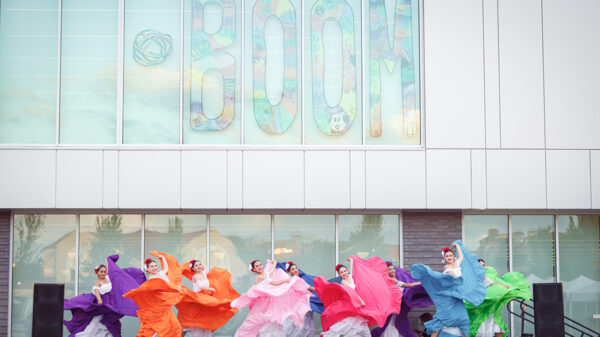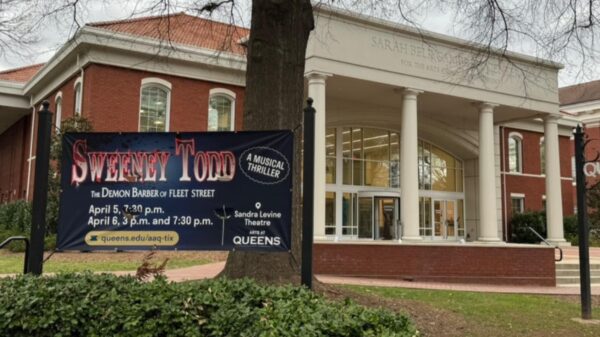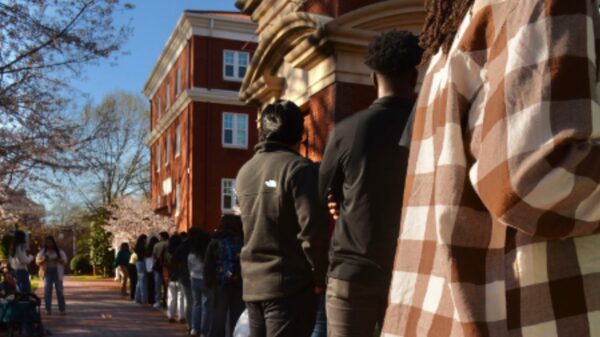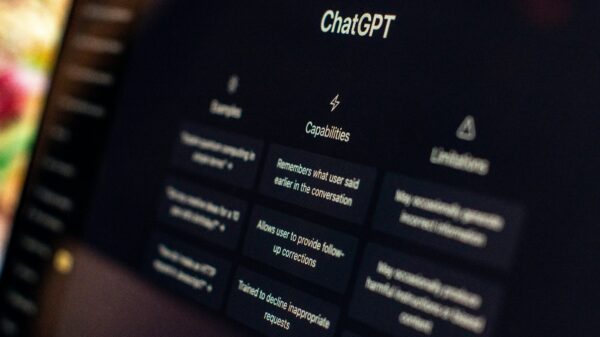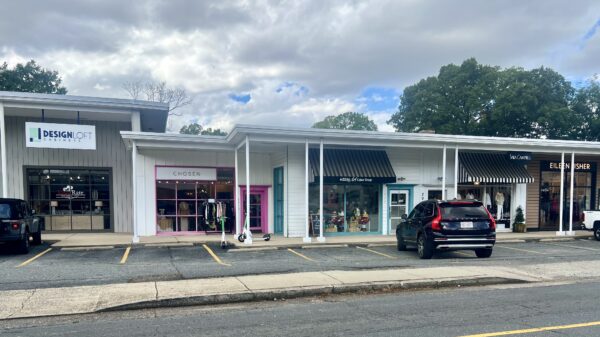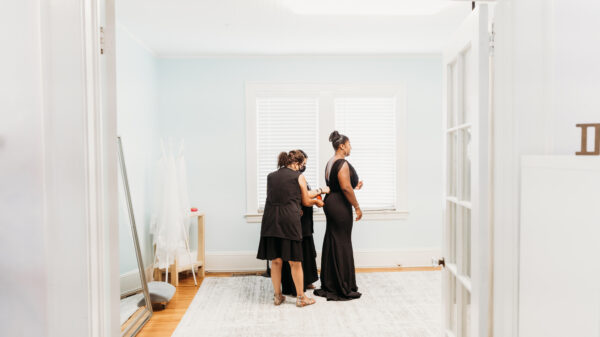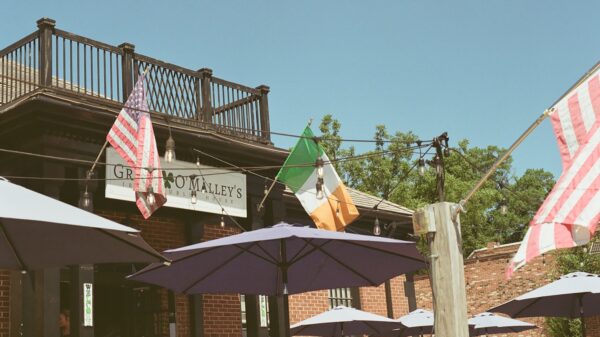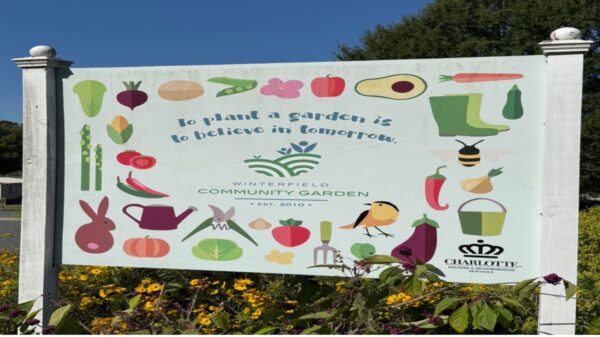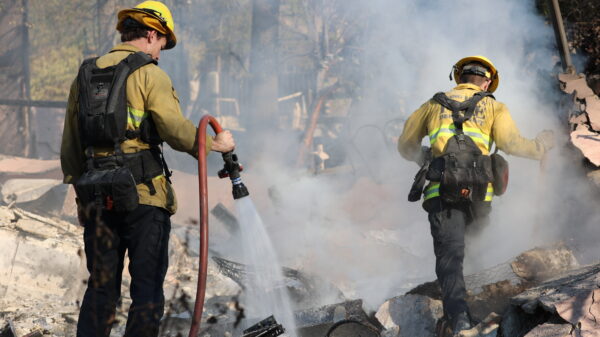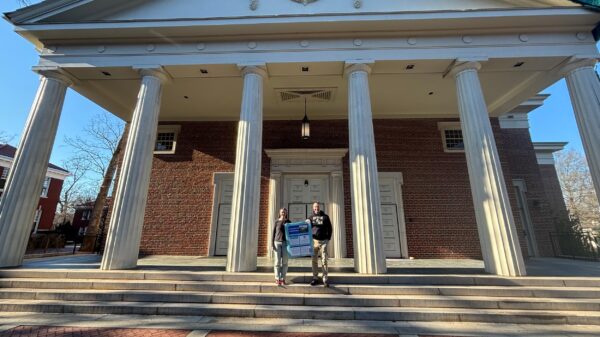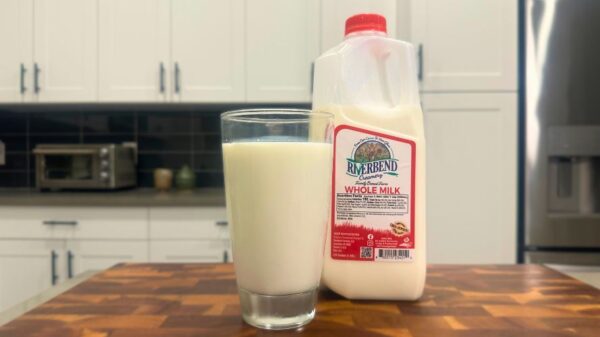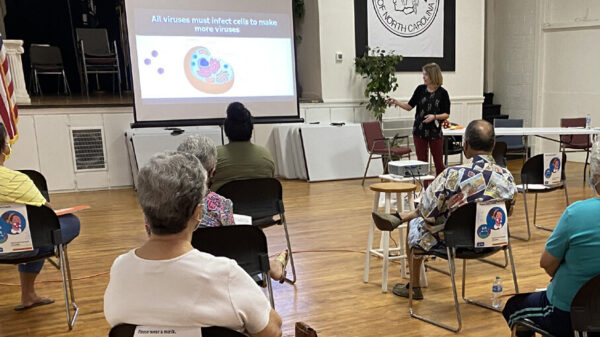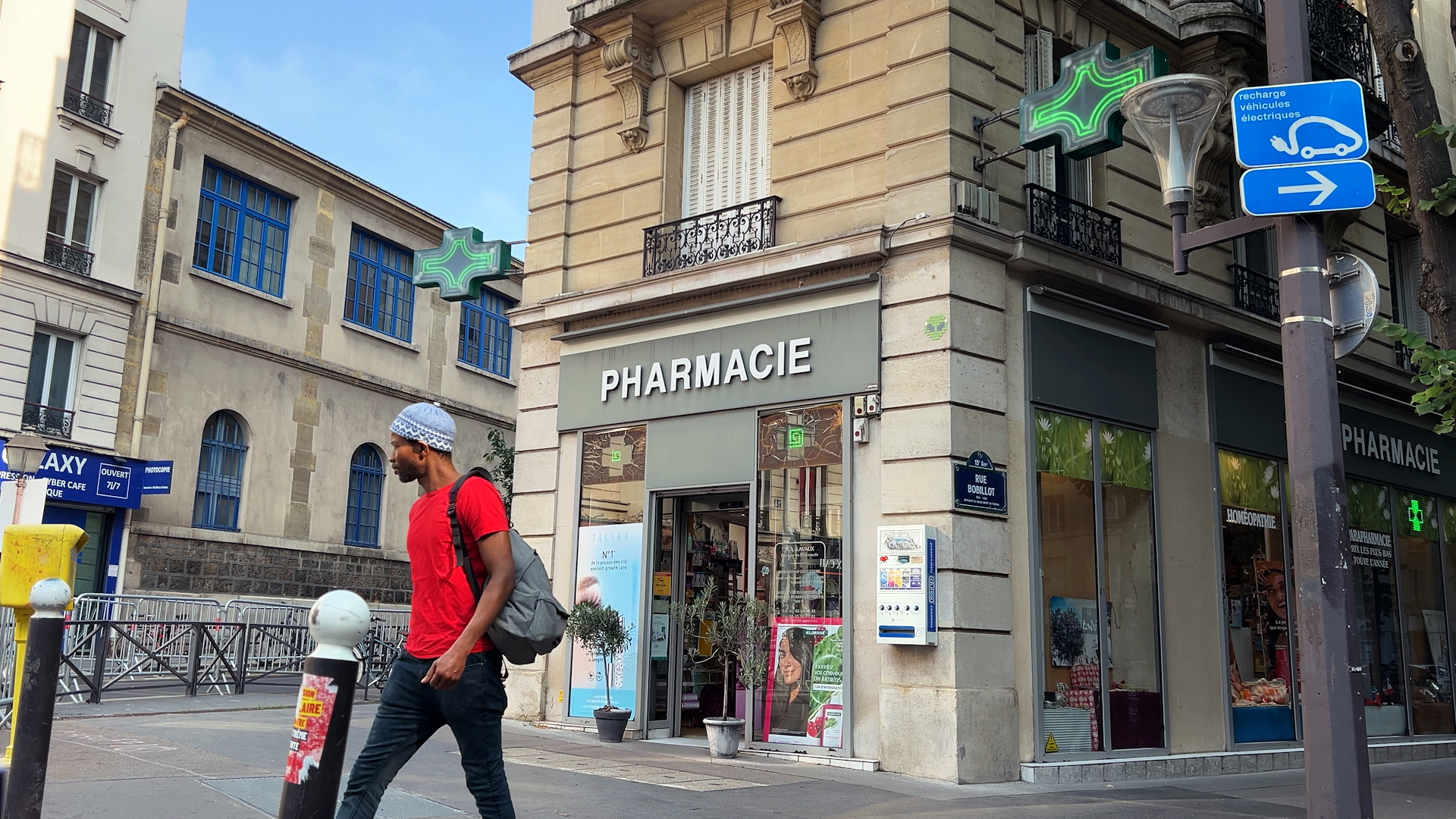As the Paris 2024 Olympic Games approached, all small businesses had the same question: how will this event affect me?
Interviews with a pharmacy near Place d’Italie, a restaurant in Montmartre and a crystal shop along the Seine reveal a fairly clear answer: it depends on what you’re selling.
Reasonably priced, iconically French food in a highly visited area like Montmartre tends to do well, with some adjustments. Sales of necessities, prescriptions, over-the-counter remedies, and lotions at a family-owned pharmacy were stable. Shops with souvenirs under $40 sold well. But if your small business does ethnic food other than French, or if your products cost more than $200, chances of an Olympic windfall appear scarce.
The Stable Pharmacy
Marie Annick Lavaux has been a pharmacist for 30 years near Place d’Italie, in the 13th arrondissement. Despite the fears of many Parisians, she is excited about the games.
“I’m happy because having the Olympic Games in the city is great,” Lavaux said. “I find it unique to see events in the Seine, under the Eiffel Tower, at Versailles. It’s magical and I’m proud. It allows us to showcase our city. Parisians said ‘we won’t be able to do anything, and it will be horrible for the French.’ They told me to close and leave. I told them it’s the Olympic Games, I want to be here, it’s an opportunity to welcome people from all over the world.”
Lavaux’s pharmacy saw a decline in Parisian clients but gained an equal number of foreign clients. Foreigners would come in to buy various over the counter items for burns, mosquito bites, feminine hygiene, or even just shampoo and conditioner. They are happy to be visiting, and Lavaux is equally happy to engage with them.
“Parisians all had a somewhat negative view because we weren’t told what the final result would be like. People saw the work and disruptions. They knew it was related to the Olympic Games but were not told much more. Now we’re finally seeing all the work we endured, for months, years even. I think the result is positive” said Lavaux.
Challenges for a Crystal Shop
Hatir Amani is the owner of Cristal Concorde, a family-owned shop near the Seine river. Amani is responsible for his family’s four other businesses, founded by his father in the 1960s. For him, business has been a struggle.
“It was the Olympics, so we were expecting a lot of customers and business, but unfortunately, the Games have brought younger people,” Amani said. “They are not so much interested in buying crystal glasses for 300 euros or 500 euros… We have really missed the occasion,” Amani said.
One of Amani’s businesses, a souvenir shop right outside the Louvre, is booming. The shop sells inexpensive, touristy items that appeal to many visitors more than genuine, though pricey, crystal objects.
“We expected much more business, we had ordered a lot of pieces in anticipation, thinking that it would go well. For three days, we were completely blocked off and inaccessible. They wouldn’t let anybody pass. So, we lost three days of business here.”
Amani and his son said the hardships are challenging, but not business-threatening. “While I am alive we will continue, and while my son is alive, he too will continue,” he said. “We are not going anywhere.”
Emma Veillerot is the evening manager at Lou Lou, a bistro in the heart of Montmartre. Lou Lou focuses on fresh Parisian cuisine. Despite their location in one of the city’s best-known tourist districts, they are ambivalent about whether hosting the Olympics actually helps them — as the French government assured.
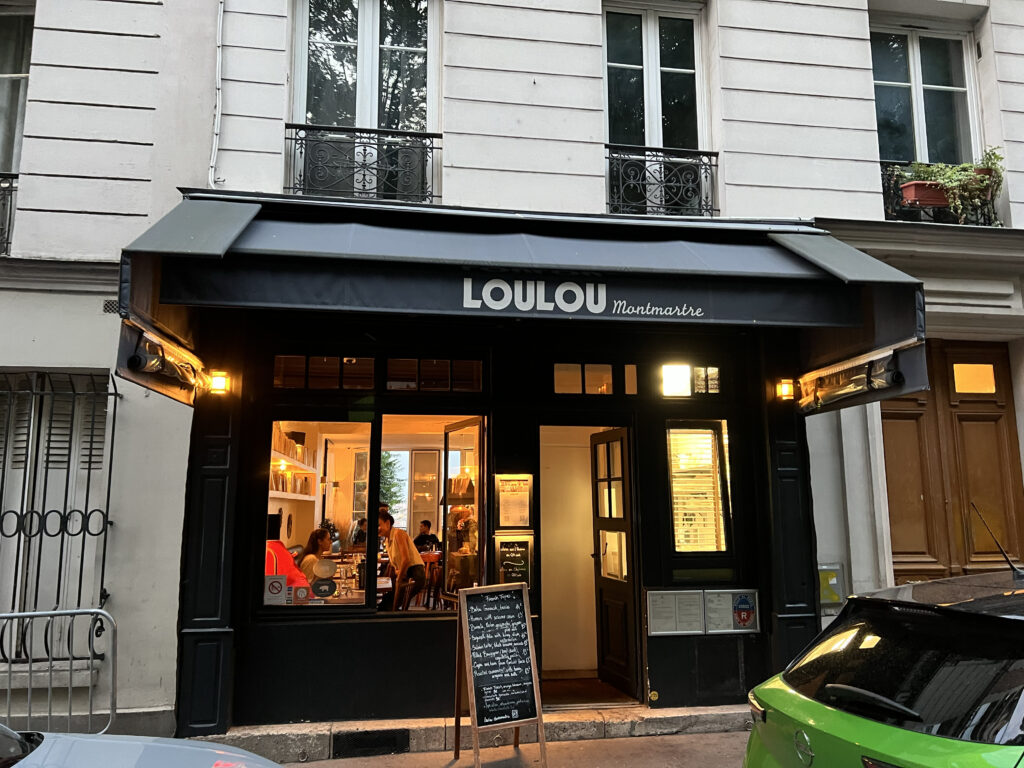
An Ambivalent French Restaurant in Montmartre
She remembers what government representatives told them. “’There will be a lot of tourists, you will have a lot of money, it will be so good for commerce,’” she said. “But in fact, there are not many more tourists than usual, I think even fewer actually,” Veillerot said. “We usually have a lot of people here, but they were mostly Parisians who left for the duration of the Olympics. So we need to rely mostly on tourists.”
As a tourist destination, and a competition site for the cycling races, the bistro was required to make several changes to operations. The menu at Lou Lou was changed in anticipation of the games, with a new array of fresh and seasonal items in hopes of appealing to tourists. To avoid Olympic competition times, deliveries were rescheduled to come late at night. Lou Lou also needed to close its terrace during the cycling races, heavily impacting business.
Customers like to eat outside on the terrace during hot weather but cannot. “So, we have a disadvantage here,” Veillerot said. “We had a terrace just here, but we were forced to remove it because the cycling race will pass by here.”
The opportunity to watch Olympic competition just outside the bistro makes Veillerot proud, despite the business changes and regulations.
Yuna Boudier and Shnaëlha Geffrard of the ESSCA School of Management in France also contributed to the story.

Simone Feast
Managing Editor

Hannah Jane Tracy
Reporter

Weronika Ptaszynska
Reporter


